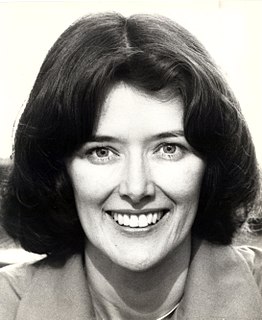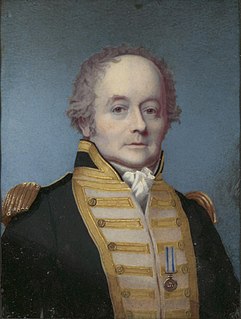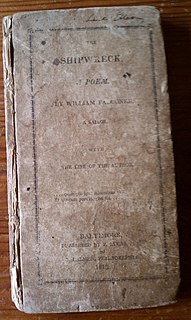A Quote by Nick Offerman
I'm obsessed with the Victorian era and the British Royal Navy... I'd love to play a troubled sailor or captain or a boatman on a three masted ship.
Related Quotes
It is not surprising that only one medieval state, Venice, long possessed anything clearly identifiavble as a navy in this sense. We shall see that no state in the British Isles attained attained this level of sophistication before the 16th century, and no history of the Royal Navy, in any exact sense of the words, could legitimately begin much before then. This book, which does, is not an institutional history of the Royal Navy, but a history of naval warfare as an aspect of national history. All and any methods of fighting at sea, or using the sea for warlike purposes, are its concern.
From the 1920s into the 1940s, Britain's standard of living was supported by oil from Iran. British cars, trucks, and buses ran on cheap Iranian oil. Factories throughout Britain were fueled by oil from Iran. The Royal Navy, which projected British power all over the world, powered its ships with Iranian oil.




































